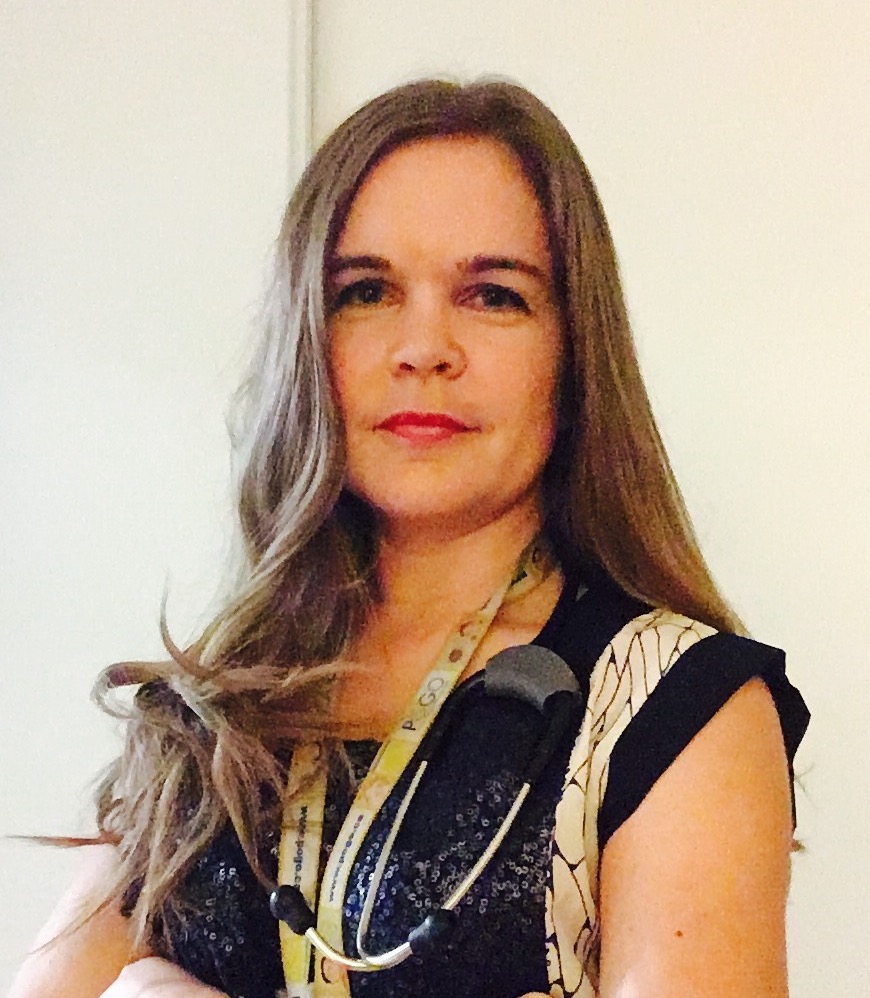
Alumna and pediatric oncologist Mary-Pat Schlosser will be speaking at the Ottawa residents welcome reception on October 15.
Mary-Pat Schlosser, MD '11, is a pediatric oncologist passionate about providing the best possible care to children and their families. Inspired by time spent in the University of Alberta hospital as a child, Schlosser recently completed her fellowship in pediatric oncology and hematology in Ottawa and is pursuing a master of public health degree from Harvard. She's also taking courses in health informatics in the hopes of improve our health-care system.
What is your academic background?
I did my undergraduate degree at Dalhousie University in 2006 and came back to the University of Alberta in 2007 for med school. I stayed in Edmonton to do my general pediatrics residency for three years and then moved to Ottawa to start my pediatric hematology and oncology fellowship. I just finished my fellowship this summer.
Any Ottawa survival tips for new residents?
Ottawa is a little bit like Edmonton in that you kind of have to get below the surface to really experience things that are not the main, big-ticket items like the National Gallery or National Arts Centre. They're great―but there are a lot of other things going on that you have to work at to find out about. The arts and culture scene in Ottawa is great, and there are lots of neat areas that are a lot like Whyte Avenue or 124th Street in Edmonton with great galleries and places to eat.
What was it like shifting from residency to fellowship?
There was a bit of a transition because the knowledge I was responsible for was different. There was a lot of new information, medical and logistical. I think my residency in Edmonton prepared me very well, but it was still a steep learning curve.
Why did you decide to go into pediatric hematology and oncology?
I recognized early that I wanted to do pediatrics, and that I liked a certain intensity of medicine. I also liked continuity with patients and families, and pediatric oncology allows for that. There's a lot of cooperation and coordination in this field, people are coming together to move things forward.
Also, when I was younger I was sick with a hematologic disease and spent some time at the U of A hospital, so I was exposed to this area of medicine early on in life. Despite being sick, I found the environment really interesting, even though I didn't understand the science behind the illness yet.
What advice would you give new residents?
Hard work can never be underestimated. Most problems can be overcome by working hard at them. That being said, people are generally really nice and great to work with. Never be afraid to say that you don't know something and ask for help, or ask to be taught something you don't know.
What was most memorable about your time at the U of A?
In both medical school and residency, the incredible friendships and camaraderie that I had will stick with me to the end. I am still very close to my friends from medical school. My residency group was a team of such hardworking, dedicated residents, that I've always been so grateful I was able to be part of a group that worked well together and looked out for each other.
Do you plan on pursuing more education now that you're done your fellowship?
That's actually a funny story. When the Dean, Dr. Fedorak came to Ottawa for an alumni event last year, I attended. I was talking to him about some of the things I was hoping to do outside of clinical medicine and he recommended the summer master of public health program at Harvard that is two months every summer for three years.
I looked into it more and applied thinking it was a longshot. But, I got in! So, I went down to Harvard last summer, which was a very intense but incredible eight weeks. I would recommend it to anyone. I'm also doing some courses in health informatics, which is new and so interesting. I'm really excited to use all of the amazing things I'm learning to hopefully improve our health systems.